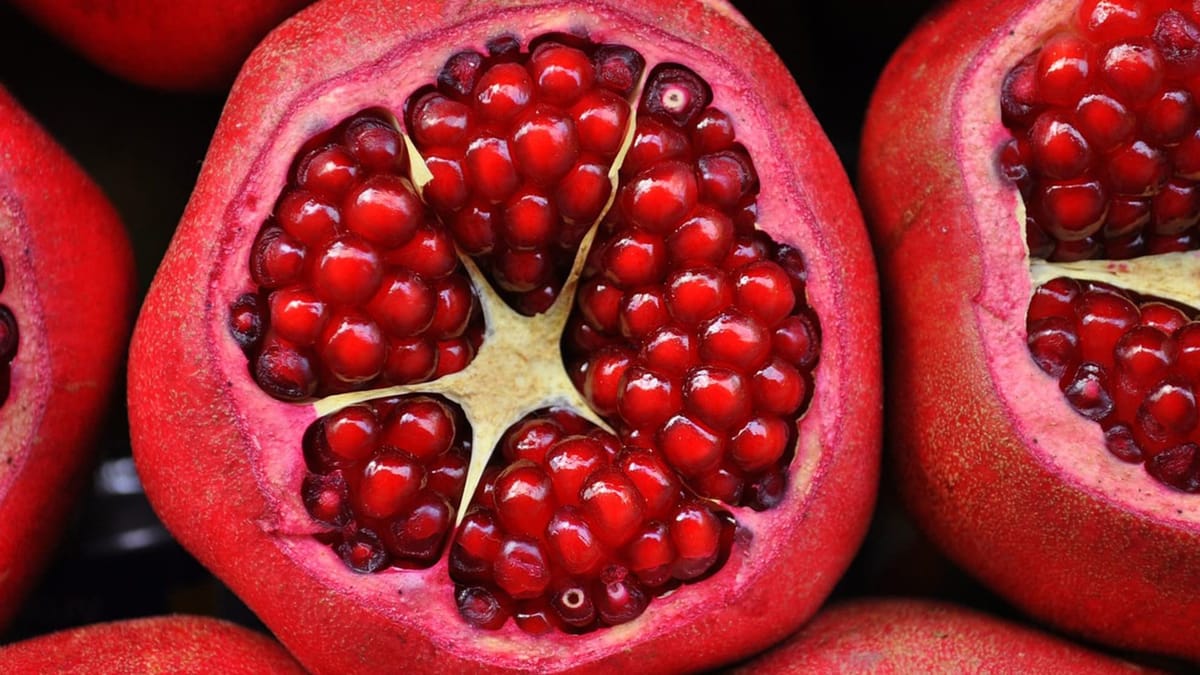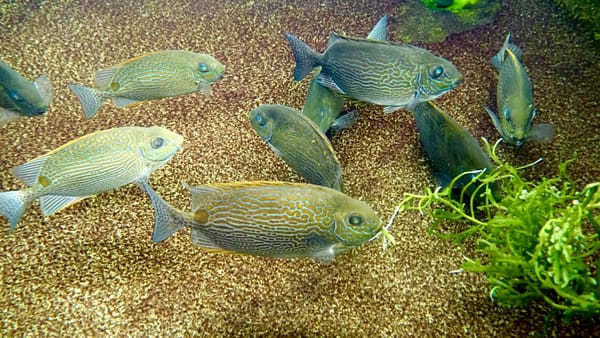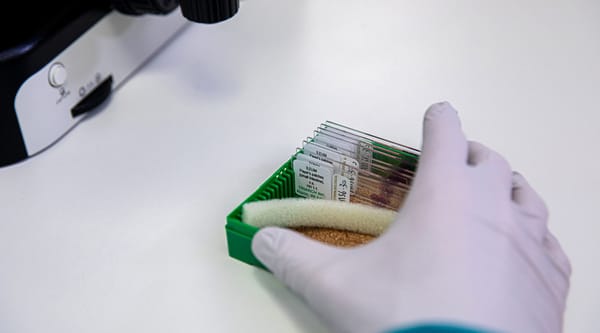Pomegranates could offer a solution to fatty liver disease
Ellegic acid, an antioxidant found in some fruits and vegetables, could have on halting and potentially reversing the damage caused by fatty liver disease.

First published on ECU
Researchers at Edith Cowan University (ECU) are investigating the effects Ellegic acid, an antioxidant found in some fruits and vegetables, could have on halting and potentially reversing the damage caused by fatty liver disease.
Non-alcoholic fatty liver disease (NAFLD) is the physiological manifestation of obesity in the liver. The prevalence of NAFLD has increased from 25.24% in 2015 to 29.38% in 2021, and this condition now accounts for 45.8% of all cases of chronic-liver-disease-related deaths worldwide.
There currently exists no treatment for the long-term management of NAFLD, however, dietary interventions have been investigated for the treatment of this disease, including several polyphenolic compounds such as Ellagic acid.
ECU researcher Dr Lois Balmer and PhD student Mrs Tharani Senavirathna noted that Ellagic acid, which is found in a variety of food such as raspberries, pomegranate, blackberries, and pecan nuts, is widely recognised for its antioxidant properties, but also exhibits anti-inflammatory, antifibrotic and anticancer properties.
"Ellagic acid stands out as a remarkable polyphenolic compound, possessing a wide range of pharmacological properties that hold promise in treating various chronic diseases, including NAFLD.
"Due to its multifaceted biological effects, edible plants containing Ellagic acid, and its derivatives are recognised as valuable functional foods for enhancing human health. Moreover, there is evidence suggesting that Ellagic acid, when combined with other antioxidant nutraceuticals, exhibits a synergistic therapeutic effect, making it a potential candidate for combination therapy."
Mrs Senavirathna has been involved in a previously undertaken pilot study investigating the effects of several polyphenolic compounds on NAFLD, with Ellagic acid showing the most promise in reducing inflammation.
A larger study is now under way which will also investigate at which point of the illness treatment would be ineffective to reverse damage to the liver.
Read more about the research.
Featuring

Dr Lois Balmer is a Senior Lecturer and Research Scholar in the School of Medical and Health Sciences in the discipline of medical sciences. Her current research projects include exploring the health effects of S-methyl cysteine sulfoxide for the prevention of type 2 diabetes and beta cell mass and islet production in the gene mine mouse strains.




